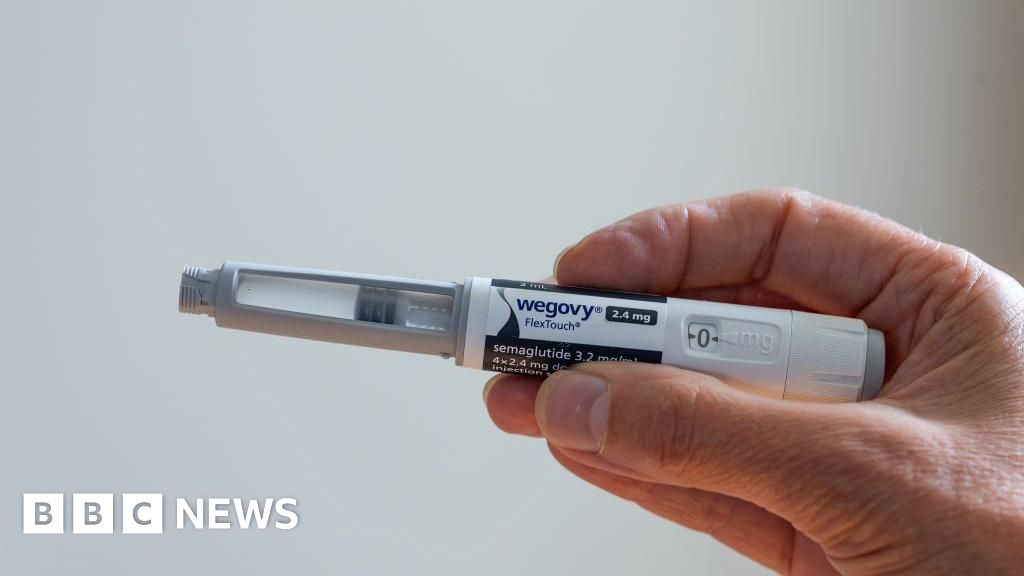ARTICLE AD BOX
 Image source, Waitrose
Image source, Waitrose
The advert features two farmers comparing their sun tans
By Michael Race
Business reporter, BBC News
Waitrose has been criticised by skin cancer patients and a charity for its Christmas advert showing farmers comparing sun tans.
The supermarket faced a backlash to its video on social media, with some people saying a section of the advert glorified sun tans and failed to highlight the dangers of sunlight.
"Waitrose can do better than this," said charity Melanoma UK.
The BBC has contacted Waitrose for comment.
Gill Nuttall, chief executive of Melanoma UK, told the BBC it was time "everyone started to look at skin cancer with their eyes wide open".
"The comparing of tans dates back many years, before we knew better," she said.
The Waitrose Christmas advert features clips of farm workers working all year round to create the produce for festive food. In one section, one farmer can be seen comparing his sun tan with another as they work in the summer sunshine.
One person who has melanoma commented on Waitrose's Facebook post of the advert, saying she found it "absolutely astonishing that a company like yourselves should be showing farmers glorifying in their sun tans".
"This is a kick in the teeth for all melanoma patients and for all the organisations trying to educate everyone into the dangers of sun tans," she added. "What on earth were you thinking to include this in a Christmas advert? Words fail me."
Waitrose replied to the comment saying they were "so sorry to hear this", adding the company supported sun safety and "sell sun care products across our stores".
"The farmers featured are real suppliers, and the images are based on real life stories reflective of their daily work - including this farmer and his sun tan," the Waitrose staff member added.
But Ms Nuttall was not happy with the response.
"Waitrose have a great platform to get a safety message out, yet when challenged on social media, their staff point out that they sell sun care products across their stores.
"I'm not sure they quite get the point. This advert isn't about sun cream, it's meant to be their Christmas offering."
'They've not thought about it'
Image source, Natalie Claway
Image caption,Natalie Claway says more education is needed to highlight the dangers sunshine can have on skin
Natalie Claway, who has just finished two years of immunotherapy and has stage four melanoma, told the BBC that Waitrose had not necessarily been irresponsible, but added "they have just not thought about it".
"I can see why they are making light out of it (the sun tans), but it's really not ideal is it? Putting that jovial spin on a tan, it's probably a bit irresponsible," the 44-year-old added.
Ms Claway, from Hertfordshire, said more education was needed to highlight the dangers that sunshine can have on skin.
Another social media user questioned Waitrose's decision and asked if they would show farmers or other people in its adverts smoking a cigarette, pointing out that both smoking and sun-damaged skin can cause cancer.
"It is a lovely advert, but please, please, don't glorify a tan. As a melanoma patient the part about the tans is really traumatic to see," another person added.
"The facts about the rise in cases are clear. If only your clip had them with a tube of sunscreen on the tractor it could have helped."
What is melanoma?
- It is not the most common or only type of skin cancer, but one of the most serious. Left untreated, it can spread to other organs in the body
- About 16,700 people a year are diagnosed with it
- Caused by abnormal skin cells that grow out of control due to DNA damage. Intense exposure to UV can trigger this damage
Melanoma UK said seven people die of melanoma in the UK every day.
"For some bizarre reason, tanned and burned skin is seen by many as something to be laughed at," said Ms Nuttall.
"The reality is that we should be alarmed by the sight of burning skin."

 2 years ago
38
2 years ago
38








 English (US) ·
English (US) ·